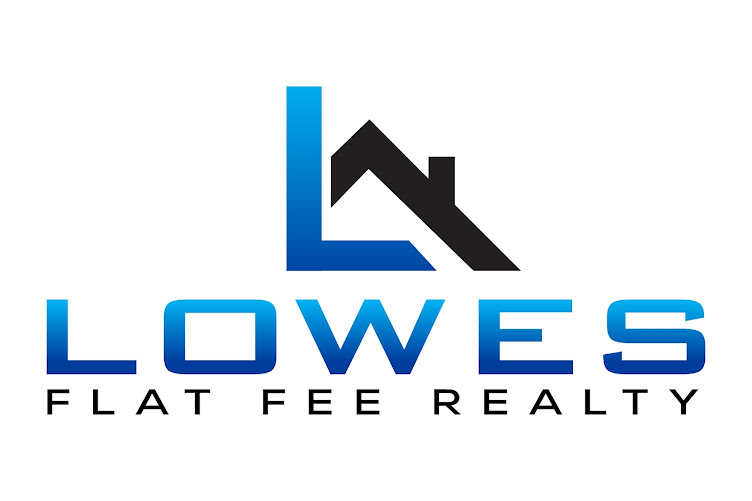 Zillow just reported that their data shows nearly 16 million homes in this country are now in a negative equity position where the house is worth less than the mortgages on the home. This number is dramatically higher than the approximate 11 million reported by other entities. Why the huge difference? Zillow professes to take into consideration ALL loans on the property not just the most recent loan (purchase or refinance).
Zillow just reported that their data shows nearly 16 million homes in this country are now in a negative equity position where the house is worth less than the mortgages on the home. This number is dramatically higher than the approximate 11 million reported by other entities. Why the huge difference? Zillow professes to take into consideration ALL loans on the property not just the most recent loan (purchase or refinance).The key findings in the study:
- Nearly one-third (31.4 percent) of U.S. homeowners with mortgages – or 15.7 million – were underwater on their mortgage.
- A slower pace of foreclosures after the robo-signing issues of 2010 contributed to slower progress in working down negative equity. Foreclosures cause homes to come out of negative equity when a bank or third party takes ownership.
- Nine in 10 homeowners continue to make their mortgage and home loan payments on time, with just 10.1 percent of underwater homeowners more than 90 days delinquent.
- Nearly 40 percent of underwater homeowners, or 12.4 percent of all homeowners with a mortgage, owe between 1 and 20 percent more than their home is worth.
- An additional 21 percent of underwater homeowners, or 6.6 percent of all homeowners with a mortgage, owe between 21 and 40 percent more than their home is worth.
- About 2.4 million, or 4.7 percent of all homeowners with mortgages owe more than double what their home is worth.
How can negative equity impact the housing market? In the report, Zillow Chief Economist Stan Humphries explains:
“Not only does negative equity tie many to their homes, by making homeowners unable to move when they may want to, but if economic growth slows and unemployment rises, more homeowners will be unable to make timely mortgage payments, increasing delinquency rates and eventually foreclosures.”

No comments:
Post a Comment